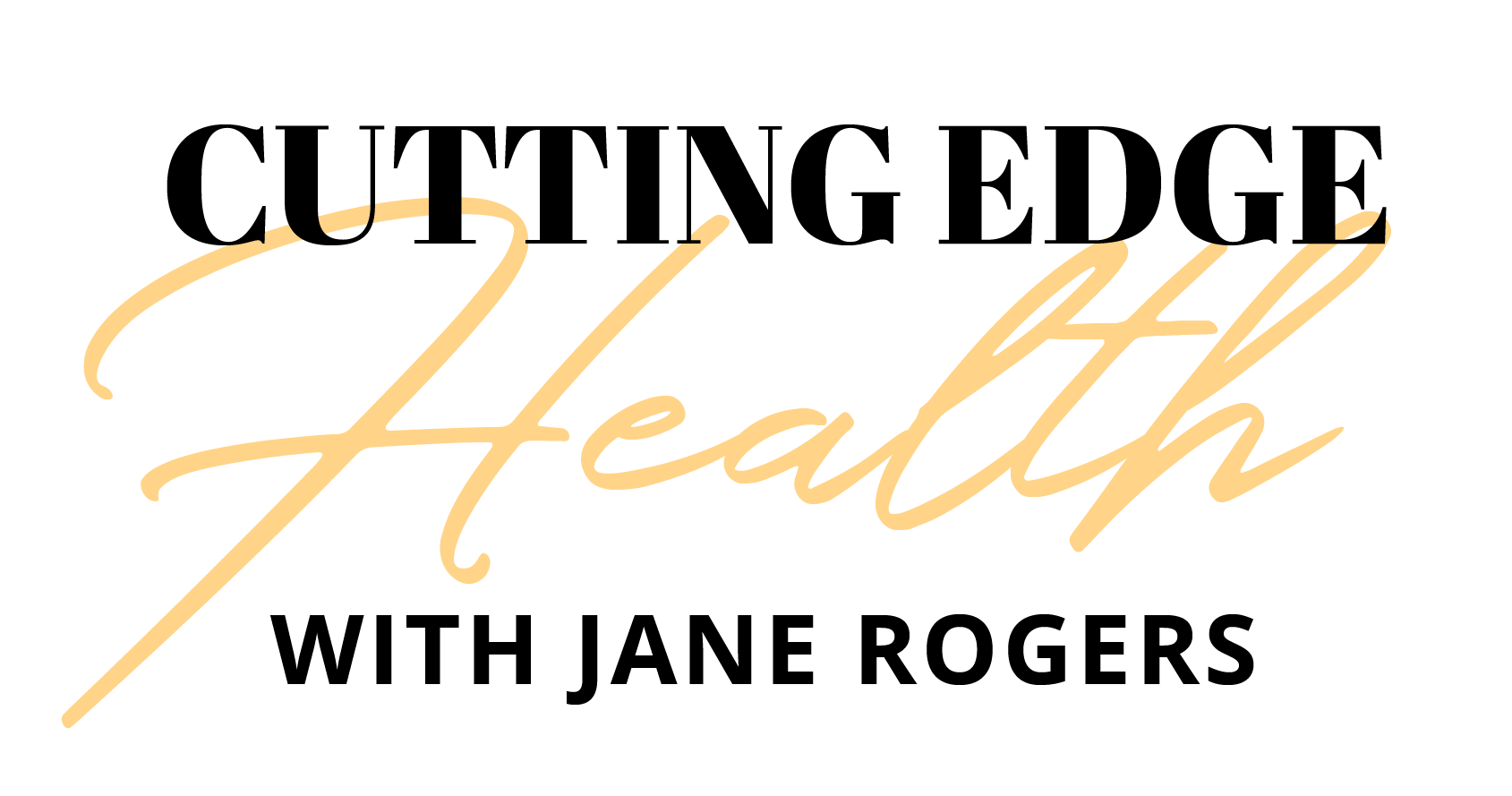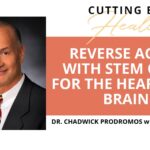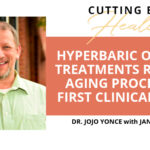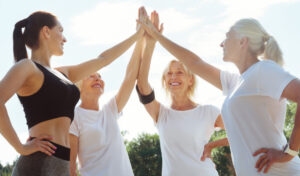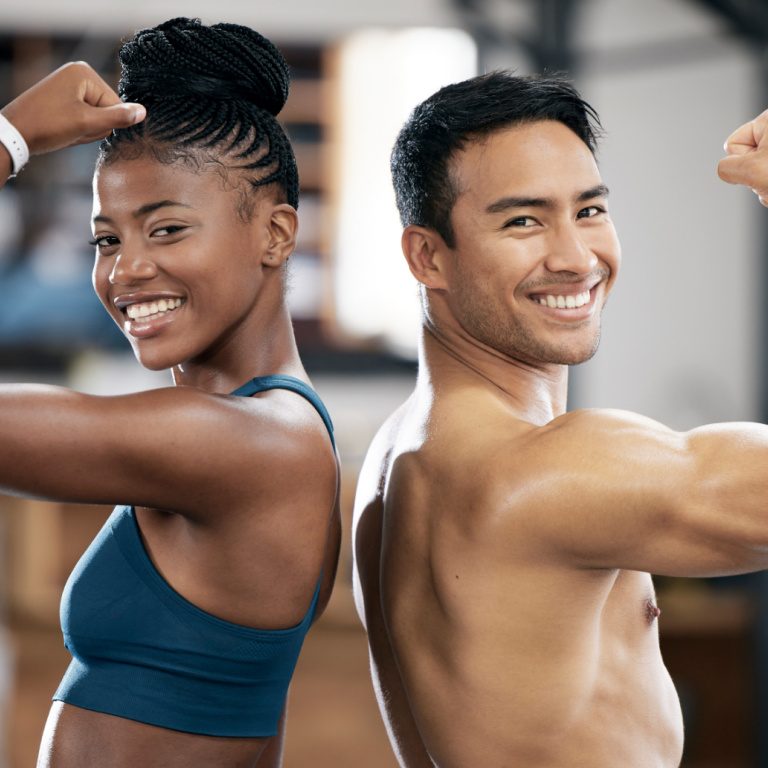
One important way of extending our life spans in a style that keeps us both active and healthy in our later years is to concentrate on caring for our muscles. That means not only exercise but focusing on how much protein we’re eating each day. The National Institute on Aging reports that if ignored, muscular function declines rapidly for women at about the age of 65 and men at 70. “A big culprit for losing our physical abilities as we grow older is the age-related loss of muscle mass and strength,” says the Institute.
Dr. Gabrielle Lyon, founder of the Institute for Muscle-Centric Medicine, is a strong advocate for flexing our muscles if we want to remain fit and independent as we age.
One way to preserve muscle tissue beyond physical exercise, according to Dr. Lyon, is through protein consumption. The highest quality proteins for muscle health, she says, come from animal fat. But even non-meat eaters can get good protein from high-quality vegan protein powders. She recommends anywhere from 1 gram to 1.6 grams of protein per kilogram of ideal body weight per day. Here’s an example: for a 130 pound person that means between 59 grams to 94 grams of protein a day.
“We aren’t over-fat,” she likes to say, “we are just under-muscled.” While many older Americans try to keep their weight down and fat intake low, it’s more important, she stresses, to concentrate on building up muscles. “It’s time we switch the paradigm of thinking to ‘muscle-centric,’” she explains “because obesity starts with unhealthy muscle first, and adiposity is just the symptom.”
Keeping one’s muscles strong is a preventative step against physical decline, she suggests: “The more muscle mass, the more survivability against diseases.” Concentrating on muscular health, she says, “will help you build your body armor to protect you throughout life.”
Those who passively allow this decaying of their muscles to go untended, according to Dr. Lyon, invite disease and chronic aging.
The loss of healthy muscle function has a direct physiological impact on the aging body, says Dr. Howard J. Luks, an orthopedic sports medicine surgeon, and results in “dramatic consequences.” As he explains, “Muscles help us control our glucose levels, use glucose as fuel, and have a role in insulin resistance.” He agrees with Dr. Lyon that the emphasis, as we age, should be on enhancing muscle tissue more than on eliminating fat.
Because of hormonal differences, women lose muscle tissue and function quicker than men. Dr. Lyon, therefore, advocates that women attend to their protein intake and push themselves at the gym or with other types of exercise. She says endurance training is the most beneficial for women, meaning focusing on a higher rep count and lower weights, although heavy weights can be helpful for peri and menopausal women. She urges both men and women to engage in a series of workouts that are good for the cardio-vascular system and for stressing the muscles in their limbs.
“I believe your workout should challenge you and not be easy,” she says, “and I want to encourage you not to make excuses but to get in the gym, put in work, and see that hard work pay off.”
